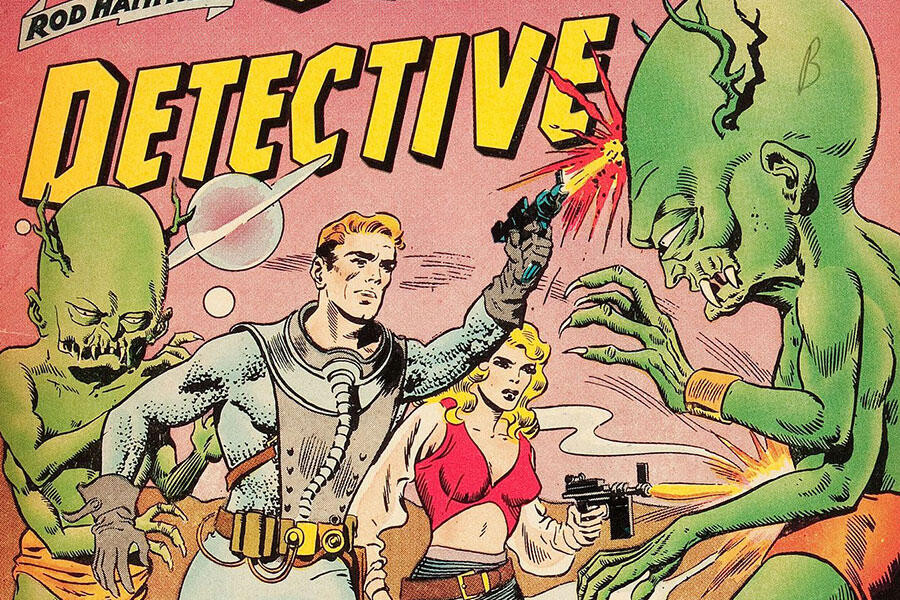
John Plotz: Laughter is from Mars: Science Fiction as Satire and Game
Ever since Jonathan Swift, science fiction and satire have ridden side by side. Because the genre is rich in spectacle and high on adventure, it is easy to overlook its quintessential commitment: to peer back on life as it is actually lived from an outside perspective. From its inception, be it space opera or philosophical fable the genre has unmasked anthropocentrism, provincialism and all forms of chauvinism that buttress a de facto normative status quo. Science fiction sets out to see Earth as one planet among others, humanity as one among many species, feet and hours as one spatial and temporal scale among many.
Critics and scholars have consistently undervalued one crucial aspect of the genre however: The crucial formal devices that science fiction (SF) uses to generate the condition Darko Suvin called “cognitive estrangement” are in the broadest sense comic: that is, comedic and humorous and most of all playful. SF works by eliciting the laughter that arises from incongruity, or the satirical chuckle that arises from the recognition of the absurdity of various beliefs and actions that seem when unexamined, completely normal, habitual, unremarkable. Most strikingly of all, SF explores what it means to look at ordinary existence as a fable or a game, a ludicrous as well as a ludic undertaking. Telling the story of those linked comic approaches is to tell the story of the genre’s true ambitions, unexplored capacities and its highly promising future.
